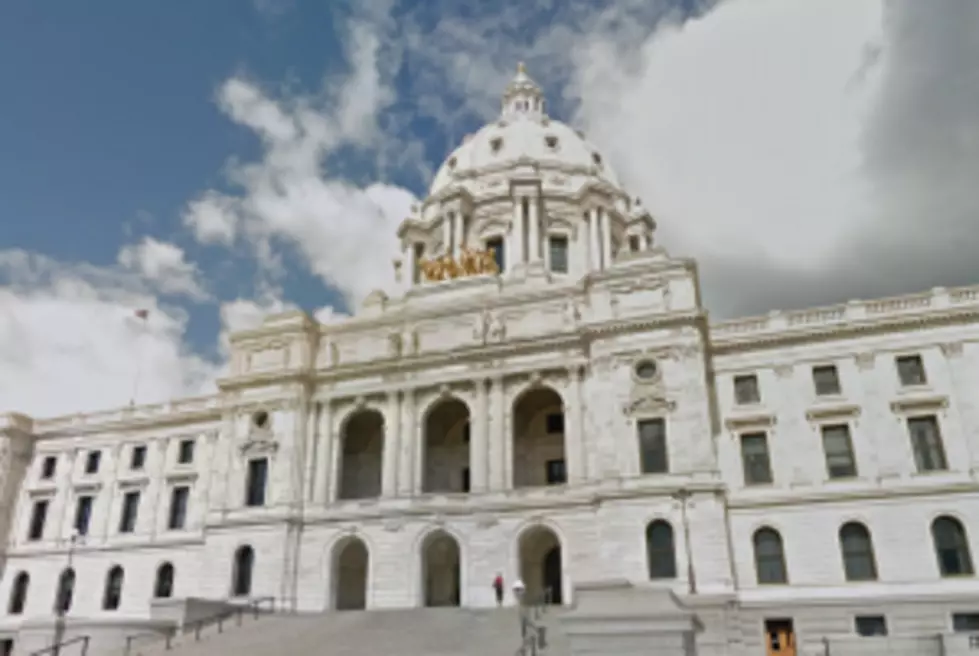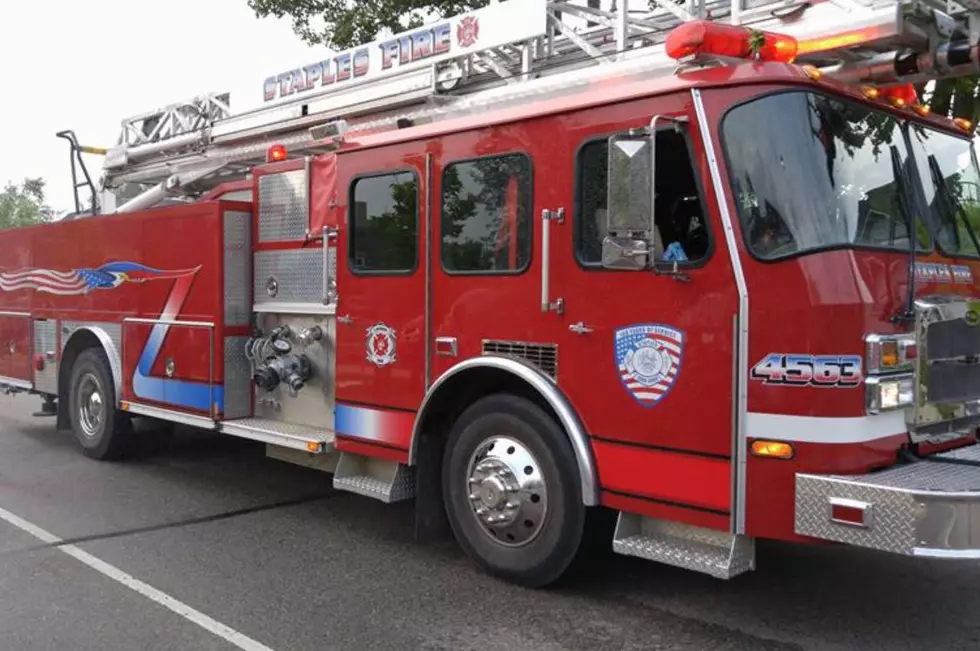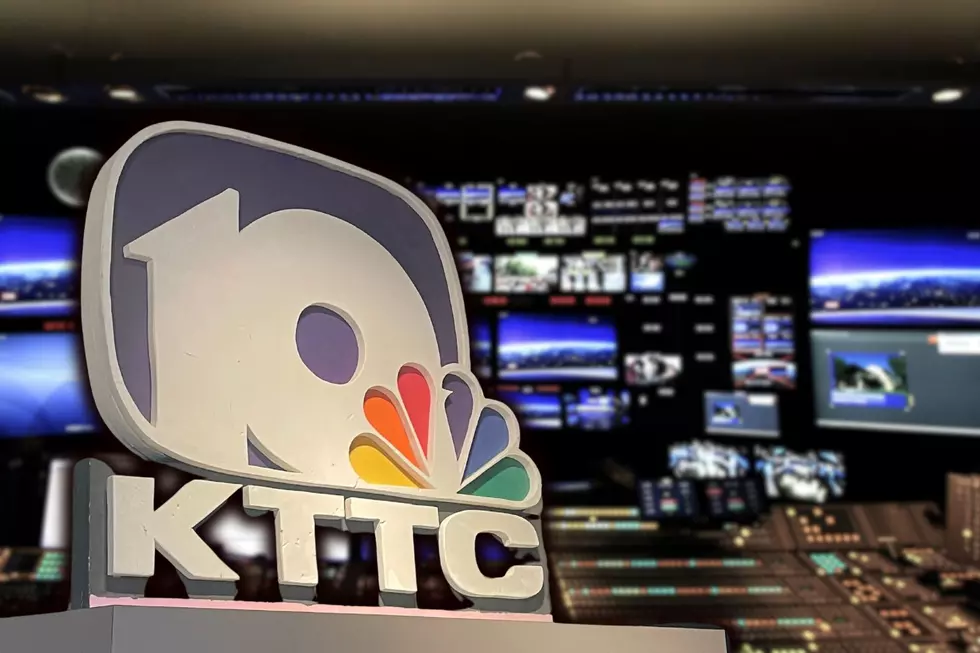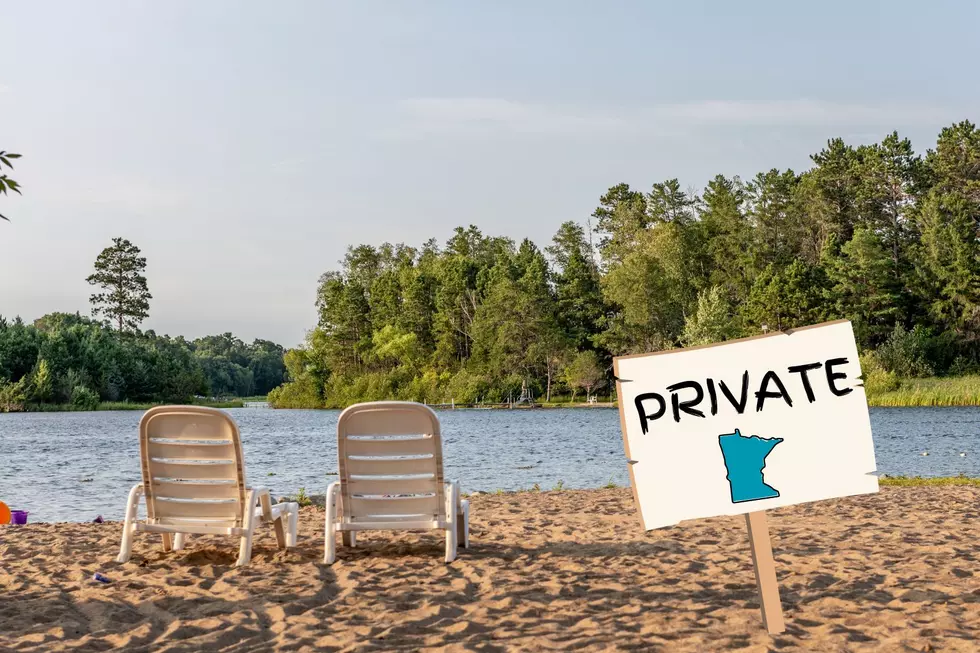
2015 Minnesota Legislative Session Is Over
ST. PAUL, Minn. (AP) — Minnesota lawmakers have passed a budget but are bracing for a likely special session.
Legislators approved the final pieces of a nearly $42 billion two-year spending plan just as midnight's deadline for the regular session hit Monday. But Gov. Mark Dayton has promised to veto an education budget he calls substandard. That would set up a special session.
Dayton's calling for additional funding for a statewide preschool program.
Republican House Speaker Kurt Daudt says he hopes the governor will reconsider his veto threat. He says he'll work with Dayton on a preschool bill in the 2016 legislative session.
The governor will have a few days to make up his mind after getting budget bills, which will start arriving Tuesday.
From there, he'll likely enter negotiations with the Republican House majority about a new education plan that meets his wishes for preschool. The GOP resisted his original proposal.
It's not clear where a special session might occur because the Capitol will be closed for substantial repairs for the next 10 months.
Here are the major components of the new budget:
HEALTH CARE
— Overall, maintains the state's health care program for the working poor, though smaller cuts to MinnesotaCare will likely increase premiums and co-payments for roughly 90,000 enrollees.
— Leaves MNsure largely untouched after a failed Democrat-led attempt to abolish MNsure's governing board and make the exchange a full-blown state agency.
— Boosts funding for rural nursing homes under a reworked formula meant to address years of underfunding in greater Minnesota.
— Aims to save $25 million by weeding out waste and fraud from Minnesota's public programs.
PUBLIC SCHOOLS
— Provides for a 1.5 percent increase in per-student funding in 2016 and 2 percent in 2017, a combined average just shy of $200 per pupil overall.
— Puts $30 million into early childhood education scholarships for children from disadvantaged backgrounds.
— Allots another $30 million for school readiness grants.
— Gives districts with four-day school weeks the ability to continue that schedule for now.
COLLEGES AND UNIVERSITIES
— Sets up likely tuition increases at University of Minnesota schools and four-year schools in the Minnesota State Colleges and Universities system.
— Provides for tuition cuts at two-year colleges.
— Bumps up state grant program for low-income students.
ENVIRONMENT AND AGRICULTURE
— Requires farmers to install up to 50-foot buffers between crops and public lakes, with smaller setbacks along ditches.
— Opens up a low-interest loan program to farmers affected by bird flu to replenish their flocks and pays for the state's response to the outbreak.
— Launches a study at the University of Minnesota of the causes of bird flu and how to prevent its spread.
OTHER
— State's courts and public safety programs budget legalizes gun silencers. Left out is a provision to restore voting rights to felons once they're released from prison — and not once their parole is complete, as in current law.
— Starts making payments on a new office building for senators expected to open next year.
— Shifts audit powers away from state auditor, allowing counties to hire private accounting firms.
More From KROC-AM









